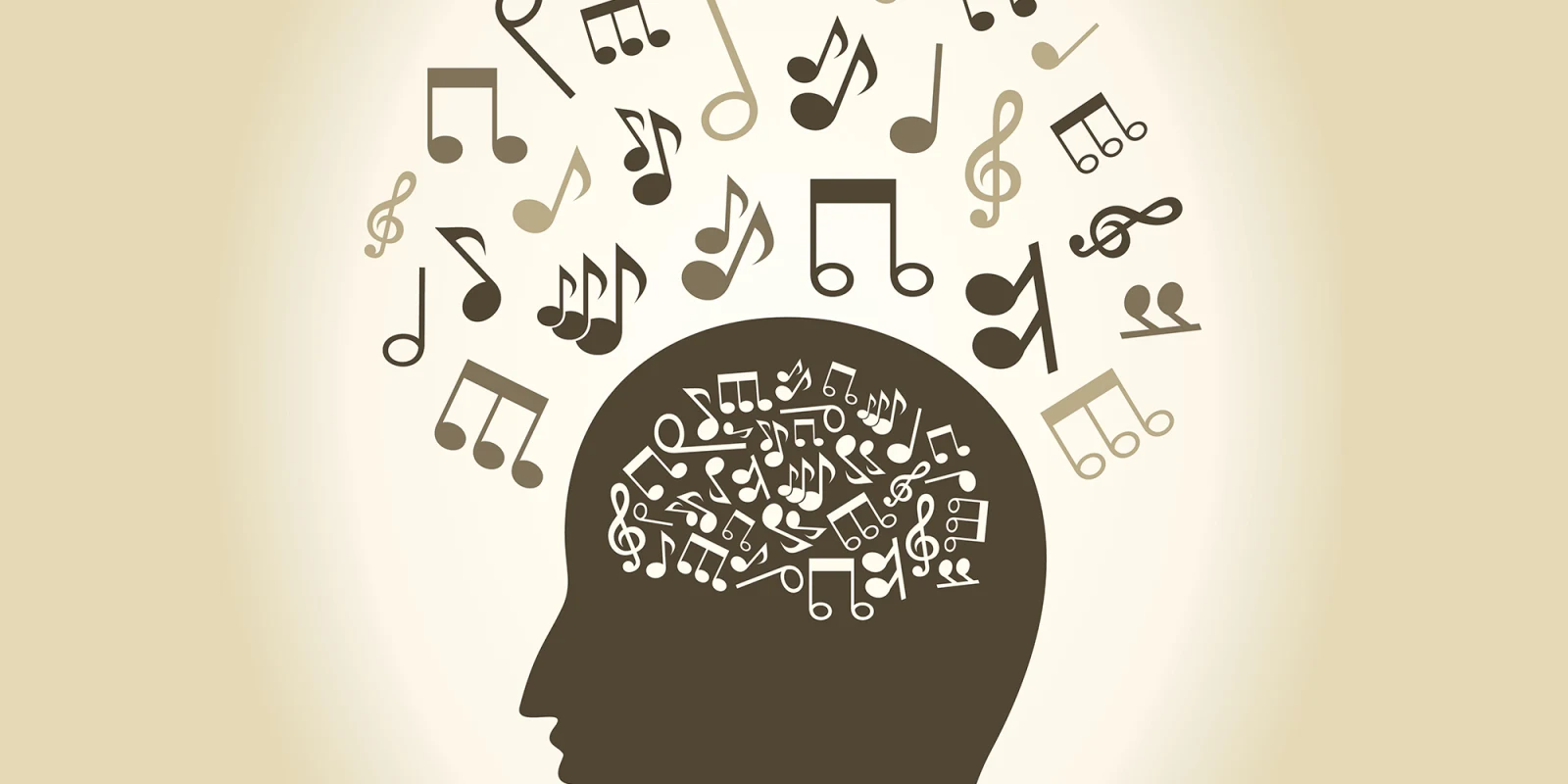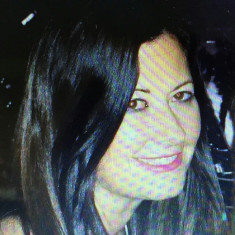
I wrote an Rx for Mozart to my patient with depression with the hope to increase her alpha brain waves. What is the hype about alpha waves and the link with depression and anxiety? The following commentary will place the pieces of the puzzle together to explain the not widely yet accepted knowledge about the relationship of mental health, music, and alpha brain waves.
Let’s start at the beginning with the description of what defines an alpha wave. I relate alpha waves as the pacemaker cells of the brain. They are neural oscillations in the frequency ranges of 7.5 to 12.5 Hertz and are evidenced on an EEG similar to the way pacemaker cells evidence on a cardiac EKG. These special medium frequency waves predominantly originate from the occipital lobe and only dominate during wakeful relaxation with closed eyes. Can you begin to visualize the first piece of the puzzle for the application to mindfulness medication in the treatment of depression as relating the alpha wave’s power on the brain? Is science only now unpackaging a hidden powerful secret that can better treat depression than pharmaceuticals? Did you know that occipital alpha waves are the strongest EEG brain signal when the eyes are closed?
The first alpha waves seen in humans correspond with the developmental age of four months yet do not appear on an EEG until the age of three years. The second alpha waves arise in REM sleep in the frontal to central areas of the brain. These waves are the most dominant during TV watching or daydreaming. Much research recommends that alpha waves are lower in the depressed person and were evidenced on the EEG which suggests an EEG may be a significant tool to diagnose depression in the future.
Tranquility, medication, and yoga are suggestive of helping to increase alpha waves, as is old-fashioned daydreaming. Alpha waves create a forest of fasciculations during mindfulness meditation and hence the positive effect for depression treatment. These powerful waves dominate like an alpha male in times of tranquility to increase creative capacities. The opposite is the destructive beta waves of the brain that bellow out increased risks for depression and anxiety and are increased while listening to Rock music.
The Mozart Effect. What? This was a qualitative EEG study that interestingly compared the alpha brain waves to beta waves while listening to Mozart and Beethoven. The Mozart Effect was reported in 1993 by the researchers Rauscher et al. The conclusion was that Mozart was effective in increasing alpha waves while Beethoven had no effect. Why were only the melodies of Mozart effective and Beethoven not? It was summarized as the range of the power of the hertz and simply, Beethoven was out of range. Out of curiosity did the creativity of the first Mozart masterpiece stem Mozart’s alpha waves to fuel the fire for further creativity and the collection of some of the best classical music that the world has known to date?
Now that we know that increased alpha brain waves can ward off depression. The question is, “What is the key ingredient in the wave that causes this effect?” Amazingly, increased serotonin is released from the synapses of the neuron in the acceleration of an alpha wave. Serotonin being the magical hormone that induces sleep, sex drive, memories, abilities to learn and to remember, and social behavior. The new area of future research is termed Psycho-Acoustic Medicine where scientists study the impact of music on the mind and body. Only in 1973 did Dr. Gerald Osler comment on the existence of auditory beats in the brain. He described the binaural beat of 8-14 Hz as having the ability to increase serotonin and to foster neuromodulation.
I am excited! If music can be used to treat depression alone or in partnership with pharmaceuticals and CBT then move over sertraline and let me have the privilege to write a second script for Mozart q hs. On a personal note, as practitioners, we can all welcome more alpha waves in our lives, and I am going to sign up for tickets to the symphony. Of course, Mozart.
Connie Lapadat, NP, is a family nurse practitioner in El Cajon, CA. She is a 2018–19 Doximity Author.






